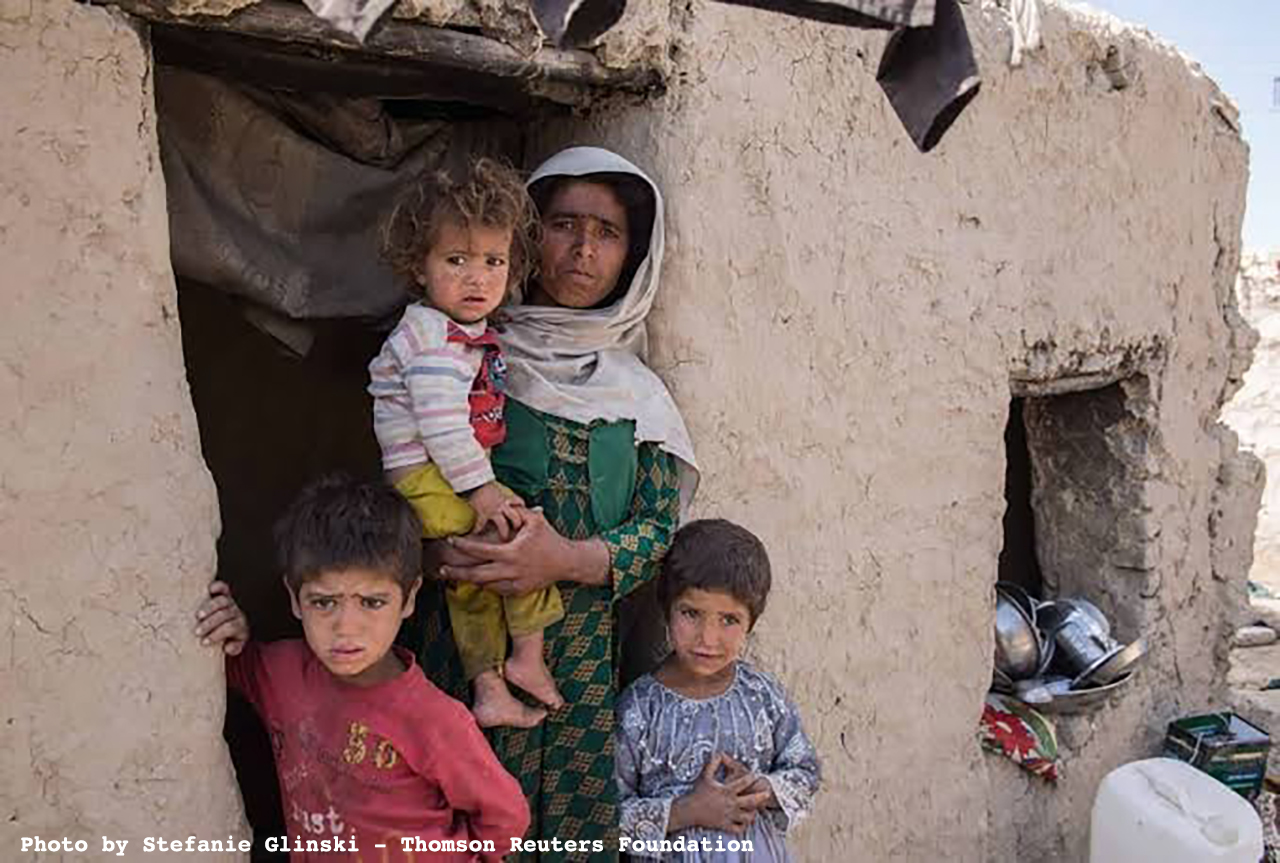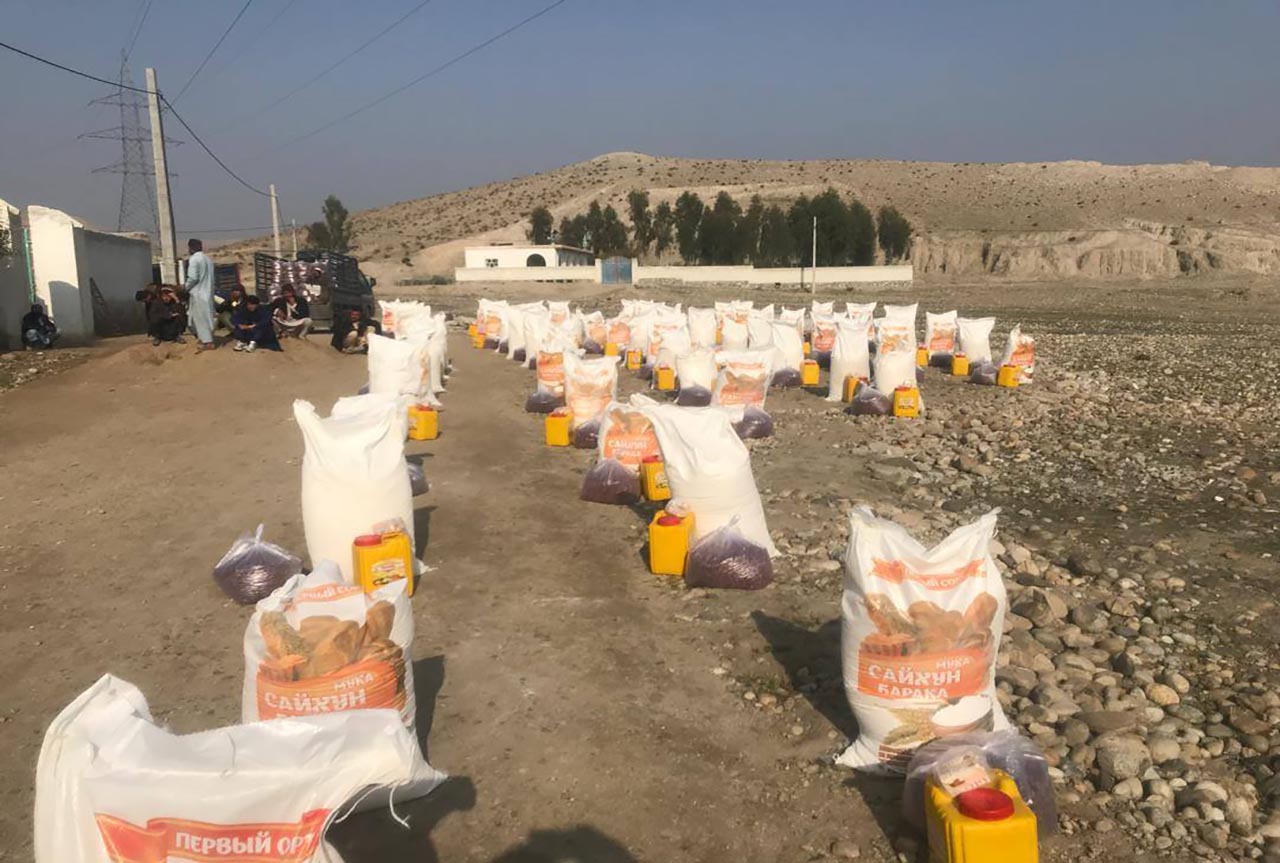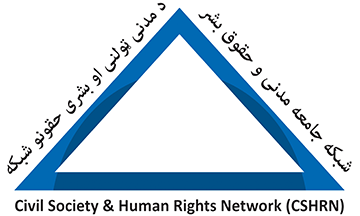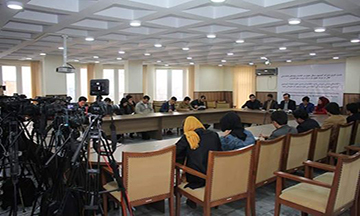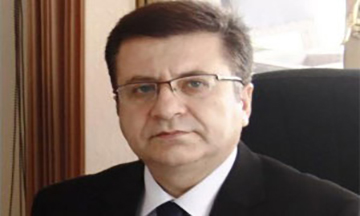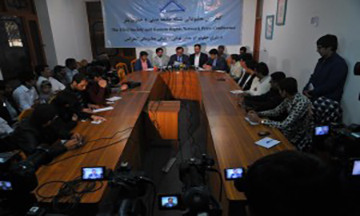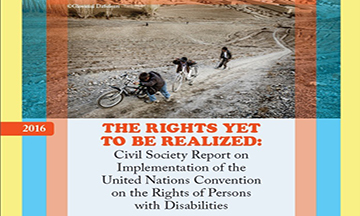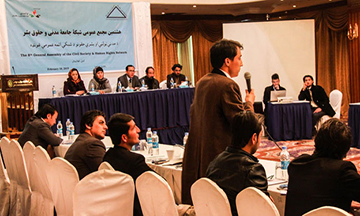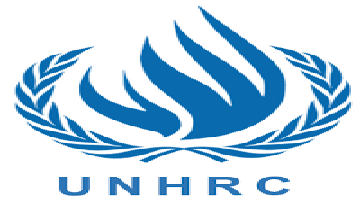Bi-weekly Situation Report
No. 2 (January 15, 2021 – January 31, 2021)
Civil Society and Human Rights Network Purpose: This bi-weekly report describes the updates and challenges related to the government’s relief response program, known as Dastarkhan-e-Meli, and health assistance in combating Covid-19 in Afghanistan.Time Coverage: The report covers all the measures undertaken from January 15 to January 31, 2021, by the government in Afghanistan concerning health and humanitarian assistance during the Covid-19 pandemic.Situation Overview: Herat:During the reporting period, people in six districts across Herat province have received aid packages. However, according to CSHRN’s focal point in Herat, several problems have been reported from aid distribution in this province. The problems are summaries as below:In Fajar council from PD 15 of Herat city, the beneficiary lists have been prepared three months before the start of the program. As a result, many poor families who have recently (re) settled in these areas have been left out from aid support.In PDs 10 and 15 of Herat city, some deserving families did not receive aid packages. Instead, the aid packages have been distributed to those families who do not fall under the criteria already set by the Dastarkhan-e-Meli program.In PD 13 of Herat city, some families of Afghan National Police and Afghan National Army were denied aid packages despite their inadequate livelihood. According to the report, they local facilitator in Herat do not clearly understand the project beneficiaries’ criteria set by the Dastarkhan-e-MeliGhor:The Dastarkhan Melli program has been suspended due to threats from the Taliban in two districts of Ghor province, such as Tolak and Shahrak. According to the report by the CSHRN focal point, the Taliban have threatened local facilitators to stop the program, otherwise they will be targeted.Khost:From Khost province, however, systematic and widespread cases of financial misuse and corruption have been reported. According to CSHRN’s local focal point, Provincial Deputy…
